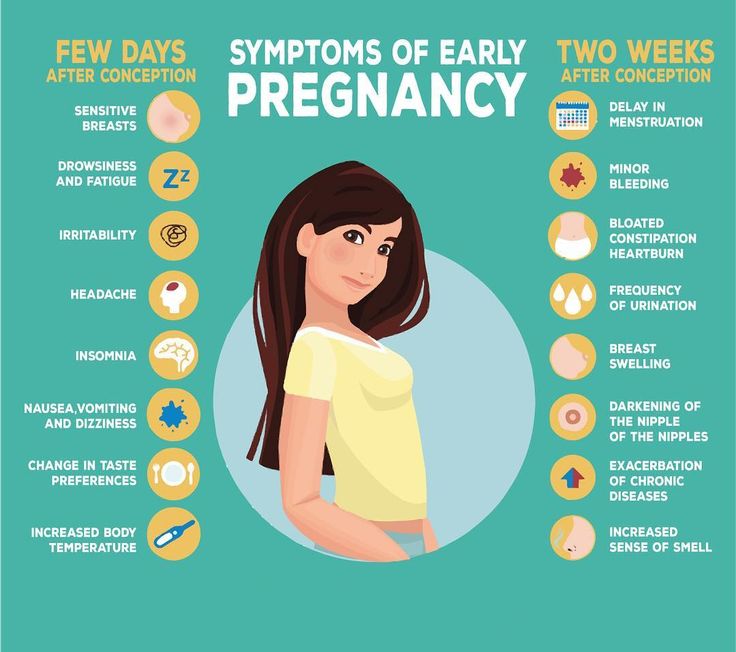Ever wondered what signs to look for in the early stages of pregnancy? This journey is exciting, and knowing the common symptoms is key. You might notice physical changes and emotional shifts. Understanding these can help you through the first month.
One Month Pregnancy Symptoms
What clues might your body give you about a new life? Let’s look at the early signs of pregnancy. We’ll see how they can affect your health in the first month.
Key Takeaways of 1 Month Pregnancy Symptoms
- Pregnancy symptoms can start as early as one to two months after conception.
- Hormonal changes during early pregnancy can lead to emotional ups and downs.
- Physical changes like bloating and nasal congestion are common in the first month.
- Confirming pregnancy through a test is crucial, as symptoms are not always exclusive to pregnancy.
- Prenatal vitamins are essential during the first month to support the growing fetus.
Understanding Early Pregnancy Timeline and Detection
Pregnancy is an incredible journey. Knowing the early stages is key. The first day of your last period marks the start of pregnancy. Weeks 1-2 are when you menstruate and ovulate, preparing for fertilization.
Weeks 3-4 are when fertilization happens. The fertilized egg implants in the uterine lining. This usually starts 6 days after fertilization and takes 3-4 days to finish. You can often find out you’re pregnant with home pregnancy tests by the time you miss your period.
Home tests can hint at pregnancy early on. But ultrasound is the best way to confirm early pregnancy. At this stage, the fetus is about 1 inch long, like a raspberry.
“Pregnancy actually begins on the first day of the last menstrual period, meaning that by the time a person knows they are pregnant, they are about four weeks along.”
As the first trimester goes on, the fetus grows fast. By the 12th week, it’s 3-4 inches long and 1 ounce, like a plum. This growth shows why early pregnancy detection and care are so important for a healthy start.
One Month Pregnancy Symptoms
Physical Changes
Our bodies start to change with the early pregnancy hormones. Breasts may feel tender and swollen because of estrogen and progesterone. Feeling very tired is also common, thanks to rising progesterone levels.
Increased blood volume and kidney work can cause us to pee more often. Some women might notice light spotting or mild cramps as their uterus grows. Nasal congestion can happen too, due to higher hormone levels and more blood.
Digestive Changes
Nausea, or “morning sickness,” is a well-known symptom. It can happen at any time, not just in the morning. This is because of the quick increase in pregnancy hormones.
We might also start to dislike certain foods or crave others. Hormonal changes can affect our taste and smell. Heartburn can occur because pregnancy hormones slow down digestion. Constipation is another issue, caused by high progesterone levels.
Emotional Changes
Hormonal shifts and the anticipation of life changes can lead to mood swings, anxiety, and mixed feelings. We might worry about the baby’s health, adjusting to being parents, and money matters. While these feelings are normal, severe or lasting ones should be checked by a healthcare professional.
More About Pregnancy Symptoms – Click Here!!
More Posts :
FAQ
1. What are the common symptoms of pregnancy in the first month?
Early signs of pregnancy include a missed period, tender breasts, and nausea. You might also urinate more and feel very tired. These symptoms come from hormonal changes in your body.
2. How does early pregnancy timeline work?
Pregnancy is counted from the first day of your last period. Weeks 1-2 are about menstruation and ovulation. Weeks 3-4 are when fertilization and implantation happen.
Implantation starts about 6 days after fertilization and takes 3-4 days. You can find out you’re pregnant with a home test by the time you miss your period.
3. What are the physical changes experienced in the first month of pregnancy?
Early pregnancy brings changes like tender breasts and fatigue. You might also urinate more and experience light spotting or mild cramping. Nasal congestion can happen due to increased hormones and blood.
4. What digestive changes happen in the first month of pregnancy?
Digestive changes include nausea and vomiting, which can happen at any time. You might also have food aversions and cravings. Heartburn can occur due to slower digestion and relaxed stomach valves.
Constipation is common because of high progesterone levels slowing down digestion.
5. How do emotions change in the first month of pregnancy?
Emotional changes include mood swings, anxiety, and mixed feelings. These are caused by hormonal changes and the anticipation of new life. You might worry about the baby’s health and adjusting to parenthood.
It’s important to talk to a healthcare professional if mood swings are severe or last a long time.
Source Links
- Symptoms of pregnancy: What happens first – https://www.mayoclinic.org/healthy-lifestyle/getting-pregnant/in-depth/symptoms-of-pregnancy/art-20043853
- 1 Month Pregnant: Symptoms and Fetal Development | Pampers – https://www.pampers.com/en-us/pregnancy/pregnancy-calendar/1-month-pregnant
- Pregnancy Week By Week | First Month Symptoms and Signs – https://www.plannedparenthood.org/learn/pregnancy/pregnancy-month-by-month
- 1st trimester pregnancy: What to expect – https://www.mayoclinic.org/healthy-lifestyle/pregnancy-week-by-week/in-depth/pregnancy/art-20047208
- First Trimester of Pregnancy: What To Expect – https://my.clevelandclinic.org/health/articles/9699-first-trimester
- Am I Pregnant? Early Symptoms of Pregnancy & When To Test – https://my.clevelandclinic.org/health/articles/9709-pregnancy-am-i-pregnant
- 18 Early Symptoms of Pregnancy: How to notice and confirm – http://www.medparkhospital.com/en-US/lifestyles/symptoms-of-pregnancy
- 4 Weeks Pregnant – Week-by-week guide – https://www.nhs.uk/start-for-life/pregnancy/week-by-week-guide-to-pregnancy/1st-trimester/week-4/













